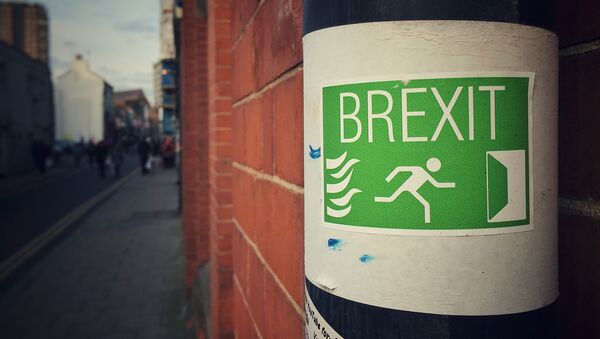“It is a very significant day, a momentous day indeed. I think there has been some reference to suggest that it turned into a referendum about immigration at one point or another. The decision to leave the EU will at some point create a period of great uncertainty, certainly around immigration policy for business as well as individuals,” McCluskey said.
McCluskey spoke about the model that Britain will adopt after the Brexit. “The very first thing to do is to serve note to article 50 in the Lisbon Treaty. That will be the notice to inform of our exit. After that the period of two years kicks in.”
She stressed that nothing will change immediately as far as the borders are concerned and as far as the Calais camp is concerned.
“Undoubtedly there is a possibility that the entire immigration system will change. Nothing will change for the Europeans who are living and working in Britain from before though and nothing will change for the Brits who are working and living in other European countries for at least couple of years,” McCluskey said.
However, it is uncertain how it will change and what will change, the expert noted.
“It will really depend on future negotiations and on what we do with the freedom of movement provisions. The key message that I would like to stress right now is please be calm. There is no need to panic and no need for chaos. We need to be calculated and pragmatic,” McCluskey said.
On Thursday, the United Kingdom held a referendum to determine whether or not the country should leave the European Union. According to the final results, 51.9 percent of voters, or 17.4 million people, decided to support Brexit, while about 16.1 million opposed it.
However, not all parts of Britain are happy with the outcome. According to Scotland's First Minister Nicola Sturgeon, the results of the referendum in Scotland show the desire of the Scots to be part of the European Union.
Meanwhile, market watchers say they haven't seen that sort of fall since the financial crisis as the pound suffered its biggest one-day fall in history, tumbling to its lowest level since 1985.
The euro also tumbled, falling to its lowest rates since May. Moreover, Standard and Poor’s has confirmed the UK is likely to lose its AAA credit rating.



